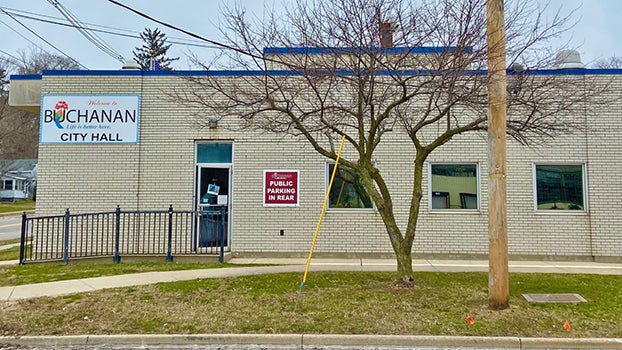Proos supports Michigan’s ‘hot jobs’
Published 11:34 am Monday, June 12, 2017
LANSING — Michigan students could be given important career information and get a leg up on earning a high-skilled job under legislation sponsored by Sen. John Proos and approved by the state Senate last week.
“This is about helping students succeed by ensuring they get all the information they need to choose their own path to success,” said Proos, R-St. Joseph. “Critical to this effort is putting a greater focus on training and education in fields where jobs currently exist and are being created.
“Additionally, it is vital that we address our state’s current gap in the number of skilled Michigan workers available to fill in-demand jobs.”
Senate Bill 343 would require school districts and public school academies to provide students with the most recent available analysis of in-demand occupations for the economic forecast region in which the school or public school academy is located.
Residents can see the current “Hot Jobs” outlook for Southwest Michigan at milmi.org/Portals/137/publications/RegionalHotJobs/Hot_Jobs_Region8.pdf.
This information is compiled on annual basis by the Department of Technology, Management and Budget.
Proos’ bill would require that in-demand careers be, at a minimum, emailed to students planning their careers. The careers with the highest projected growth from 2014 to 2024 in the region are market research analysts and marketing specialists (27.1 percent growth), personal financial advisors (23.7 percent) and industrial machinery mechanics (23.2 percent).
“We owe it to every Michigan high school student that we provide them with a tremendous resource about in-demand jobs and growing careers in their area,” Proos said. “As we try to meet the workforce needs of a growing economy, this bill would help all our students make the best decisions on how to invest in their education and plan for their career.”
SB 344 would allow a student to receive a science, technology, engineering and mathematics certification as an incentive for taking additional STEM courses. If the bill is enacted, Michigan would be the first state to allow such a STEM certification opportunity.
“This certification would be a change to reward students who take additional STEM classes and to highlight their accomplishments,” Proos said. “I thank my Senate colleagues for supporting these measures and encourage the House to help give students important career information and a competitive advantage in landing a well-paying job.”
STEM job opportunities are expected to grow by 11.8 percent through 2020, compared with 8.5 percent expected growth for all occupations in Michigan.






